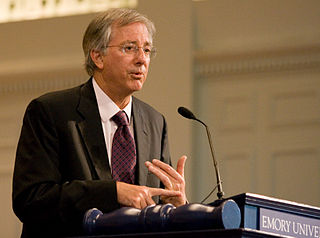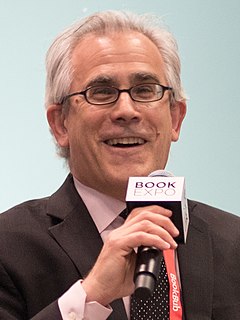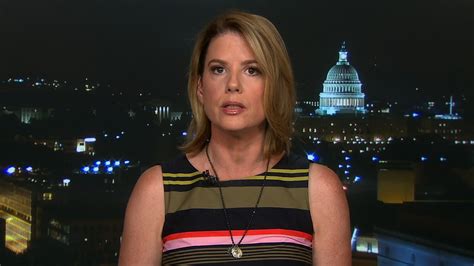A Quote by Ron Paul
During the last campaign I knew what was happening. You know, they mocked me for my foreign policy and they laughed at my monetary policy. No more. No more.
Related Quotes
This is the problem with foreign policy - talking about foreign policy in a political context. Politics is binary. People win and lose elections. Legislation passes or doesn't pass. And in foreign policy often what you're doing is nuance and you're trying to prevent something worse from happening. It doesn't translate well into a political environment.
Foreign policy always has more force and punch when the nation speaks with one voice. To remain secure, prosperous, and free, the United States must continue to lead. That leadership requires a president and Congress working together to fashion a foreign policy with broad, bipartisan support. A foreign policy of unity is essential if the United States is to promote its values and interests effectively and help to build a safer, freer, and more prosperous world.
I spoke with Gerhard Schröder about a lot of things, including foreign policy. Schröder knows how important European policy is to me personally. I have worked together with Angela Merkel on European policy for many years, so I was surprised when Volker Kauder who has little experience in European policy, claimed that I had not represented German interests in Europe. That's an example of how the conservatives conduct an election campaign.
The policy that received more attention particularly in the past decade and a half or so has been the US cocaine policy, the differential treatment of crack versus powder cocaine and question is how my research impacted my view on policy. Clearly that policy is not based on the weight of the scientific evidence. That is when the policy was implemented, the concern about crack cocaine was so great that something had to be done and congress acted in the only way they knew how, they passed policy and that's what a responsible society should do.

































